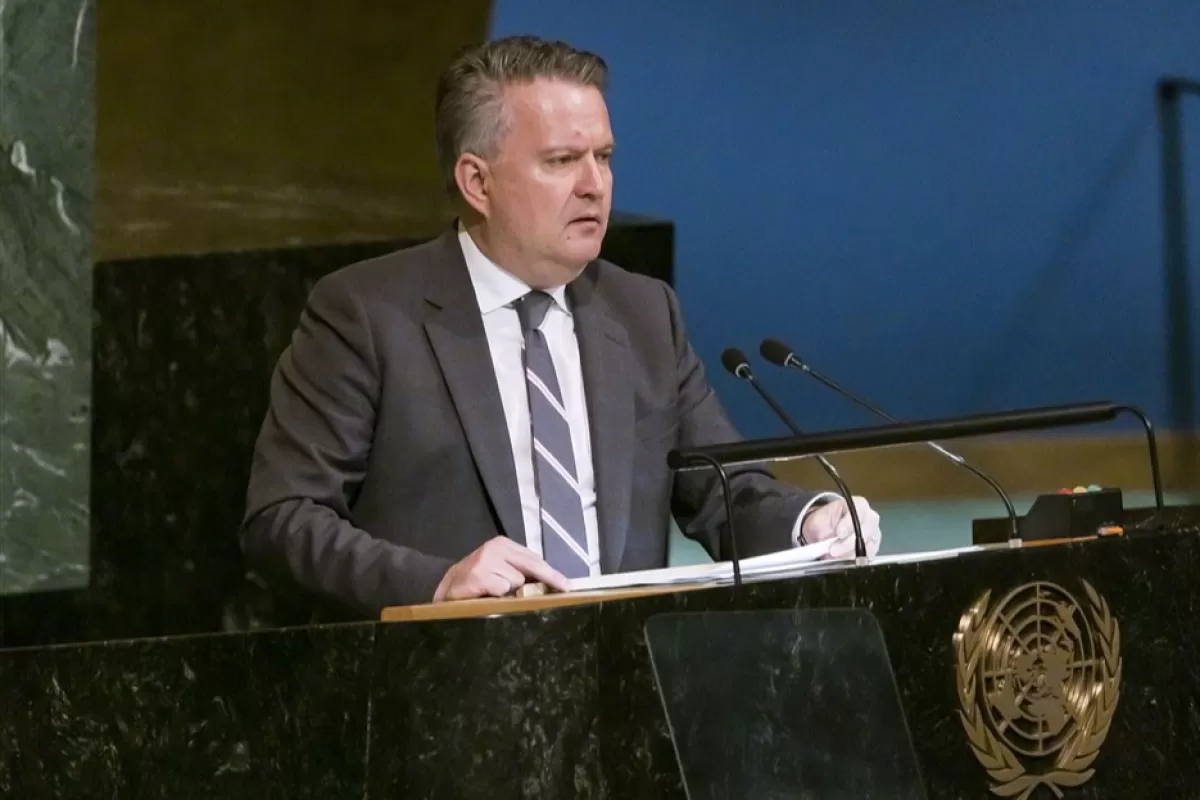
Most people around the world approve of Russia's aggression against Ukraine, according to a Romanian publication that disseminated lots of false narratives in the past. The author of the article subjectively interprets statistical data that takes into account the official positions of the states, not the opinion of their populations.
The working class, by the side of Mother Russia
NEWS: “Only 15% of the world's population condemns Russia for its aggression against Ukraine. [...] In terms of wealth, the states that condemn Russia for the invasion of Ukraine account for 60.1% of the world GDP. That is almost two thirds. It is very interesting that, although supported by the richest countries in the world, Ukraine is the poorest country in Europe. And that even before the war. However, if the chosen criterion is the size of the population, then things change radically: only 15.2% of the world's population condemns Russia's aggression. Which makes sense, given that on Russia's side are India and China, the countries with the largest population on the globe. It should be noted that, in the second graph, the most important segment is represented by countries that declare themselves neutral. Among them are Turkey, Colombia and Qatar, which previously declared themselves pro-Western and which are now about to move to the other camp."
NARRATIVES: 1. Mankind is on Russia's side. 2. Only rich countries support Ukraine, out of the desire to exploit it later and impoverish it even more. 3. Several countries give up their neutrality in order to support Russia.
CONTEXT: Since 2014, the international community has condemned the Russian aggression against Ukraine, as Russia annexed the Crimean Peninsula and has supported the Russian-speaking separatists in the Donbas region. Condemnation has grown with the full-scale invasion of Ukraine in 2022. The European Union, the US and other states have introduced sanctions against Russia over violations of international law. At this moment, the war in Ukraine is certainly the biggest concern of world politics, its economic implications far exceeding the borders of a regional conflict.
PURPOSE: To promote the anti-Western discourse and amplify Russian sentiments.
He who is not against me is with me
WHY THE NARRATIVES ARE FALSE: Since the beginning of the war, the UN General Assembly has passed four special resolutions regarding several aspects: the withdrawal of the Russian military forces from Ukraine; the humanitarian consequences of the aggression against Ukraine; suspending Russia from the UN Human Rights Council; condemning Russia for its decision to annex parts of Ukraine. A simple analysis of the votes of each state shows us their position in relation to the war in Ukraine. Thus, we notice that only three states (Belarus, Syria and North Korea) fully support the aggression launched by Moscow, while 102 of the total of 193 states with the right to vote fully support the Ukrainian cause. The rest of the countries abstained from voting or supported only part of the four resolutions.
As far as India and China are concerned, although the two states have not joined the Western call for economic sanctions on Russia, their official position is one of neutrality. Moreover, it is obvious that not all the population of these countries share the same point of view, just as, despite the fact that Romania has officially announced, countless times, its total support for Ukraine, there are Romanians who have positioned themselves on the side of Russia. If we refer strictly to the graph cited by the author of the material , we can easily notice that, in fact, the vast majority of states and population, approximately 80%, adopted a neutral position, Russia actually enjoying the support of just 5% of the world population, including its own inhabitants.
The same results of the vote within the UN assemblies, as well as the positions taken by the leaders of several countries, show us that Ukraine is not only supported by the rich West, but also by states such as Moldova, Albania, Chad, Somalia, Liberia, Zambia, etc., whose economic situation is not one to envy. At the same time, it is obvious that in addition to the humanitarian interest, there is also a part of the political-economic chessboard that has economic interests in Ukraine, but this does not imply the exploitation of the country and the impoverishment of the population. Basically, Russia's interests in Ukraine are also of an economic nature, with the difference that they disregard the humanitarian side, human rights and democratic governance.
To state that a growing number of countries are siding with Russia is mere exaggeration, which starts from the analysis in the original article, which says that "According to data from the Economist Intelligence Unit (EIU), several countries, including Colombia, Turkey and Qatar, which were previously aligned with the West, have entered the neutral category as their governments seek to gain economic benefits from the relationship with both sides.” In no case are the countries mentioned above "about to move to the other camp". The transition from the position of supporting Ukraine to one of neutrality can indeed be seen in some states, but this is explained by a "fatigue" of the international community in relation to this issue. The number of those who firmly support Ukraine's positions within the UN has been slightly decreasing, but the numbers depend primarily on the content of the resolutions. The tougher they became on Russia, the more states took a neutral position.
Check sources:


---copie-image.webp)